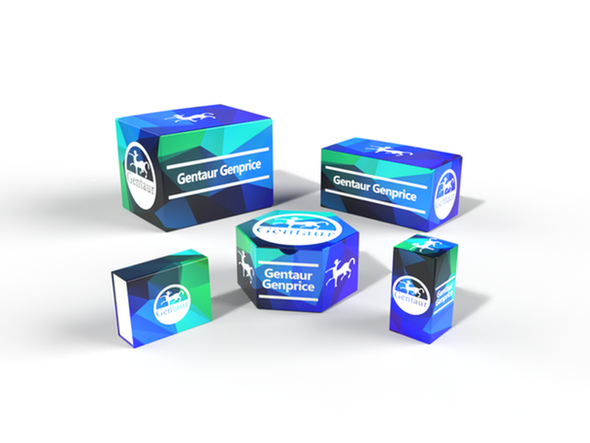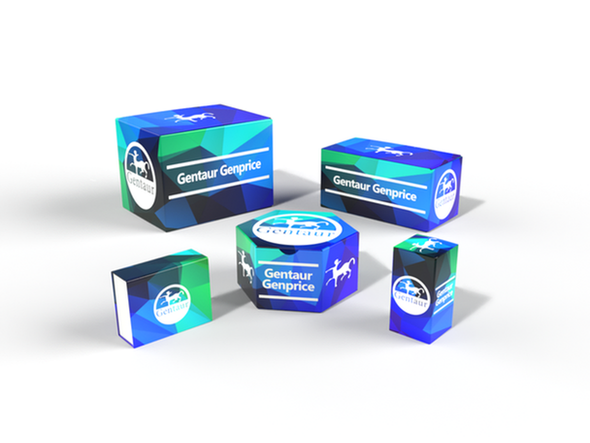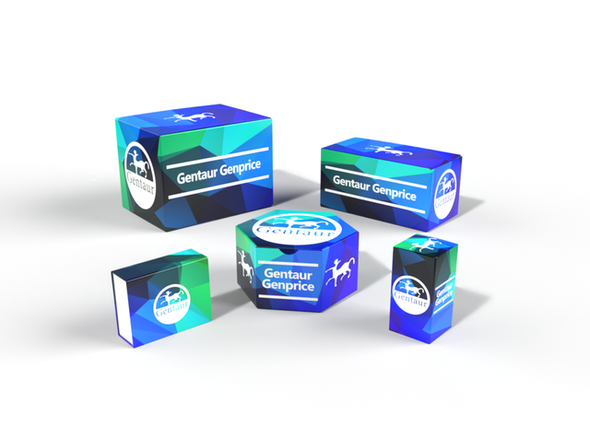BW
THNSL2 polyclonal Antibody | BS61346
- SKU:
- BW-BS61346
- Availability:
- Usually ships in 5 working days
Description
THNSL2 polyclonal Antibody | BS61346 | Gentaur UK, US & Europe Distribution
Host: Rabbit
Reactivity: Human,Mouse,Rat
Application: WB
Application Range: WB: 1:500~1:1000
Background: THNSL2 (threonine synthase-like 2), also known as TSH2, is a 484 amino acid protein belonging to the threonine synthase family. Utilizing pyridoxal phosphate as a cofactor, THNSL2 may function as a catabolic phospholyase on gamma and beta phosphorylated substrates. THNSL2 may also degrade O-phospho-threonine to alpha-ketobutyrate, ammonia and phosphate. Existing as four alternatively spliced isoforms, THNSL2 is encoded by a gene mapping to human chromosome 2p11.2. As the second largest human chromosome, chromosome 2 makes up approximately 8% of the human genome and contains 237 million bases encoding over 1,400 genes. A number of genetic diseases are linked to genes on chromosome 2. Harlequin icthyosis, a rare skin deformity, is associated with mutations in the ABCA12 gene. The lipid metabolic disorder sitosterolemia is associated with ABCG5 and ABCG8 gene defects. An extremely rare recessive genetic disorder, Alström syndrome, is related to mutations in the ALMS1 gene.
Storage & Stability: Store at 4°C short term. Aliquot and store at -20°C long term. Avoid freeze-thaw cycles.
Specificity: THNSL2 polyclonal Antibody detects endogenous levels of THNSL2 protein.
Molecular Weight: ~ 54 kDa
Note: For research use only, not for use in diagnostic procedure.
Alternative Names: Threonine synthase-like 2; TSH2; Secreted osteoclastogenic factor of activated T-cells; SOFAT
Immunogen: A synthetic peptide corresponding to amino acids 103-148 in Human THNSL2.
Conjugate: Unconjugated
Modification: Unmodification
Purification & Purity: The Antibody was affinity-purified from rabbit antiserum by affinity-chromatography using epitope-specific immunogen and the purity is > 95% (by SDS-PAGE) .
Pathway: Insulin &Glucose Signaling,






